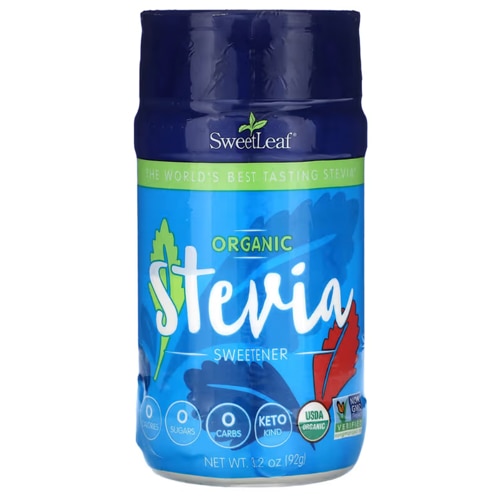Have you got a sweet tooth? Here is a sour note that might break your heart.
Experts warn that consuming too much extra sugar can significantly boost your risk of dying from cardiovascular health problems. And the potential damage starts early in life.
In fact, the American Heart Association recently urged parents not to give any added sugar to children younger than 2, and to restrict children and teens to less than 6 teaspoons of added sugar daily.
The AHA also recommends children and teens drink no more than 8 ounces of sugary beverages per week.
Children with an excessively high daily sugar intake are at risk of developing several health issues, including:
- Unhealthy weight gain
- Increased insulin resistance
- Poor cholesterol levels
- A greater chance of nonalcoholic fatty liver disease
"All of these increase later cardiovascular-disease risk for children," says Dr. Miriam Vos, lead author of the AHA statement and an assistant professor of pediatrics at Emory University School of Medicine in Atlanta.
Sugary sweet, sour for your heart
Several recent studies echo the AHA's concerns about how sugar might damage your heart.
For example, a 2014 study by the U.S. Centers for Disease Control and Prevention found that people who get between 17 and 21 percent of their calories from added sugar have a 38 percent higher risk of dying from cardiovascular disease compared to those who get just 8 percent of their calories from added sugar.
The risk of dying from cardiovascular disease doubles for those who get more than 21 percent of their calories from sugar.
The potential health risks of sugar also made headlines earlier this month, when an article in JAMA Internal Medicine charged the sugar industry with funding research that downplayed the role of sugar in cardiovascular problems.
The article alleges that in the 1960s, research was distorted to emphasize the danger of a high-fat diet in contributing to heart disease, while largely overlooking the negative effects of sugar.
How to protect your heart from excessive sugar
Although evidence increasingly points to the potential cardiovascular danger of a high-sugar diet, Vos says many people remain uneducated about the risk.
"My experience as a pediatric subspecialist is that the parents of my patients were confused about how much sugar per day was healthy for their children," she says.
The best way to reduce the risk to your children is to restrict the amount of sugary drinks -- including soda, fruit drinks and sports drinks -- they consume.
"The biggest contributor of added sugars in the diet of children is sweetened drinks," Vos says. "Drinking regular low-fat milk -- not sweetened -- and water are a great way to save money and reduce sugars."
Vos also urges parents to serve healthful snacks such as apple slices or carrot slices. Other good alternatives include a piece of cheese or a banana. Peanut butter is OK, but only if it does not contain high levels of added sugar.
Parents soon will receive a little help in efforts to curb their children's sugar intake. Beginning in 2018, the U.S. Food and Drug Administration will require manufacturers to display information about all sugars added to a product.
Of course, reducing sugar intake is a good idea at any age. In fact, the AHA recommends that women consume no more than 6 teaspoons -- or 100 calories a day -- of sugar. Men should have no more than 9 teaspoons, or 150 calories a day.
"Buying whole foods -- not processed foods -- and drinking water are the two easiest ways to start reducing sugar," Vos says.
Such whole foods include fresh fruit, fresh vegetables, and meat and dairy products.
Even if you don't eat whole foods, you can still reduce your intake of sugars. For example, Vos says you can go lighter on sugar by eating a breakfast that includes:
- Cereal that is low in added sugars
- Low-fat milk instead of sweetened drinks
- Breads that are not sweet




